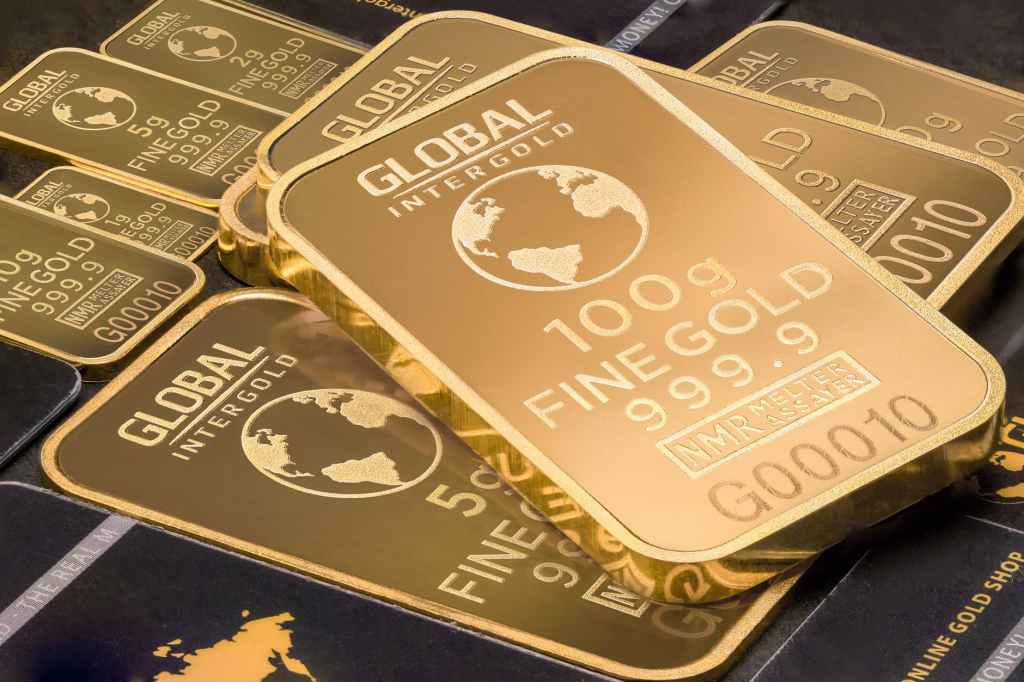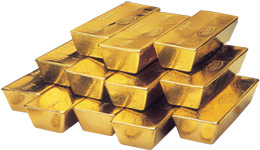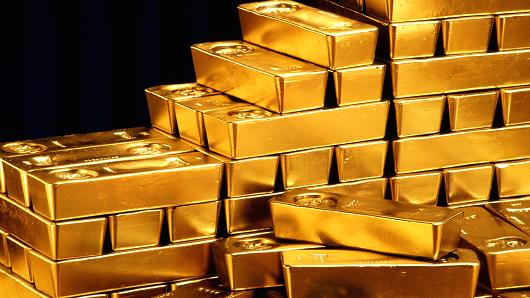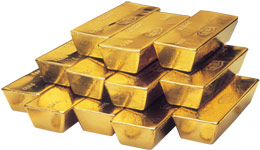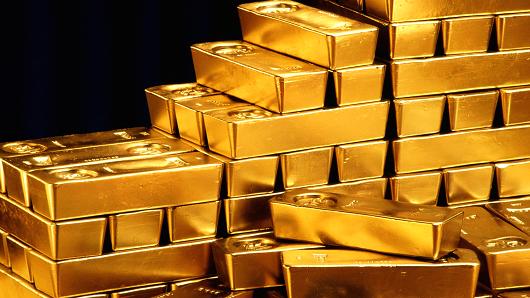
The COVID-19 outbreak and its impact on our daily lives is rapidly evolving. Here are some resources and guidance to help dentists navigate this unprecedented time for their practices, staff and patients.
Last updated: April 9, 2020Digital Event | Friday, April 10 at 11 a.m. CT: Calculate the Cash Burn Rate Of Your Dental Practice and Extend the Number of Days You Have Money Left in the COVID-19 Crisis. Register for Friday’s live webinar.
Update | NEW Video Teleconferencing and Security
Update | NEW Q&A Video: COVID-19 Transmission and Emergency Care
Update | NEW COVID-19 Employment Law FAQs
Update | NEW ADA Interim Guidance for Minimizing Risk of COVID-19 Transmission
Update | NEW ADA Interim Guidance Flowcharts for Minimizing Risk of COVID-19 Transmission
Update | NEW Summary of ADA COVID-19 Interim Guidance
ADA News | NEW SBA: Dentists can apply for both economic injury disaster and paycheck protection program loans (04/06/2020)
ADA News | HPI poll examines impact of COVID-19 on dental practices (04/01/2020)
ADA News | ADA urges dentists to heed April 30 interim postponement recommendation (04/01/2020)
ADA News | ADA releases interim guidance on minimizing COVID-19 transmission risk when treating dental emergencies (04/01/2020)


